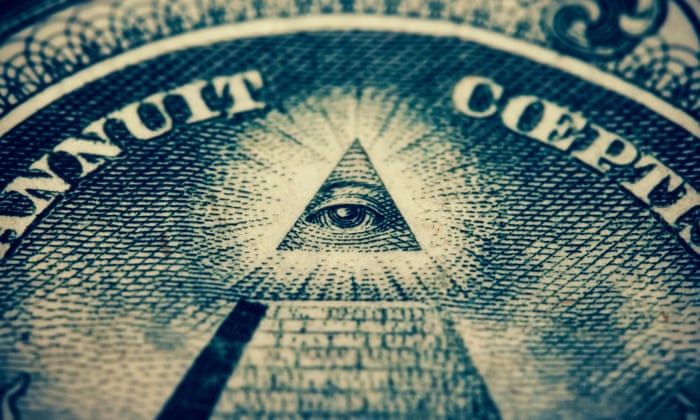Information about Illuminati

The Illuminati[1] (plural of Latin illuminatus, 'enlightened') is a name given to several groups, both real and fictitious. Historically, the name usually refers to the Bavarian Illuminati, an Enlightenment-era secret society founded on 1 May 1776 in Bavaria, today part of Germany. The society's goals were to oppose superstition, obscurantism, religious influence over public life, and abuses of state power. "The order of the day," they wrote in their general statutes, "is to put an end to the machinations of the purveyors of injustice, to control them without dominating them."[2] The Illuminati—along with Freemasonry and other secret societies—were outlawed through edict by Charles Theodore, Elector of Bavaria with the encouragement of the Catholic Church, in 1784, 1785, 1787, and 1790.[3] In the following several years, the group was vilified by conservative and religious critics who claimed that they continued underground and were responsible for the French Revolution.
Many influential intellectuals and progressive politicians counted themselves as members, including Ferdinand of Brunswick and the diplomat Franz Xaver von Zwackh, who was the Order's second-in-command.[4] It attracted literary men such as Johann Wolfgang von Goethe and Johann Gottfried Herder and the reigning Duke of Gotha and of Weimar.[5]
In subsequent use, "Illuminati" has referred to various organisations which have claimed or have been claimed to be connected to the original Bavarian Illuminati or similar secret societies, though these links have been unsubstantiated. These organisations have often been alleged to conspire to control world affairs, by masterminding events and planting agents in government and corporations, in order to gain political power and influence and to establish a New World Order. Central to some of the more widely known and elaborate conspiracy theories, the Illuminati have been depicted as lurking in the shadows and pulling the strings and levers of power in dozens of novels, films, television shows, comics, video games, and music videos.
Transition
Having, with difficulty, dissuaded some of his members from joining the Freemasons, Weishaupt decided to join the older order to acquire material to expand his own ritual. He was admitted to lodge "Prudence" of the Rite of Strict Observance early in February 1777. His progress through the three degrees of "blue lodge" masonry taught him nothing of the higher degrees he sought to exploit, but in the following year a priest called Abbé Marotti informed Zwack that these inner secrets rested on knowledge of the older religion and the primitive church. Zwack persuaded Weishaupt that their own order should enter into friendly relations with Freemasonry, and obtain the dispensation to set up their own lodge. At this stage (December 1778), the addition of the first three degrees of Freemasonry was seen as a secondary project.[15]
With little difficulty, a warrant was obtained from the Grand Lodge of Prussia called the Royal York for Friendship, and the new lodge was called Theodore of the Good Council, with the intention of flattering Charles Theodore, Elector of Bavaria. It was founded in Munich on 21 March 1779, and quickly packed with Illuminati. The first master, a man called Radl, was persuaded to return home to Baden, and by July Weishaupt's order ran the lodge.[15]
The next step involved independence from their Grand Lodge. By establishing masonic relations with the Union lodge in Frankfurt, affiliated to the Premier Grand Lodge of England, lodge Theodore became independently recognised, and able to declare its independence. As a new mother lodge, it could now spawn lodges of its own. The recruiting drive amongst the Frankfurt masons also obtained the allegiance of Adolph Freiherr Knigge.[15]
thnks for this information , welldone